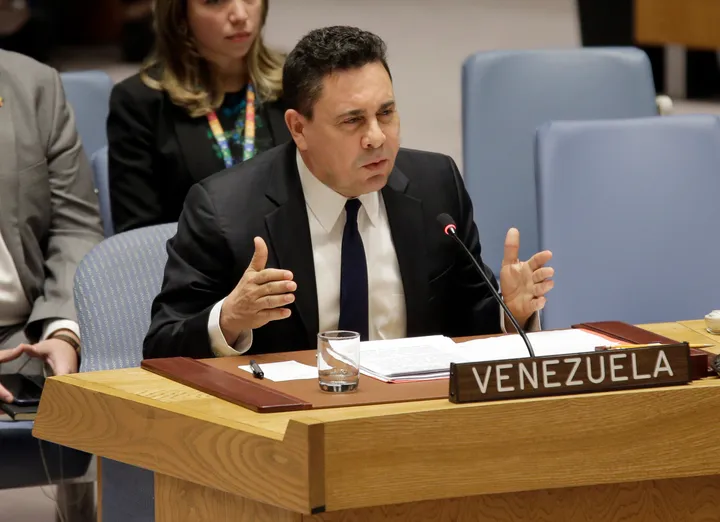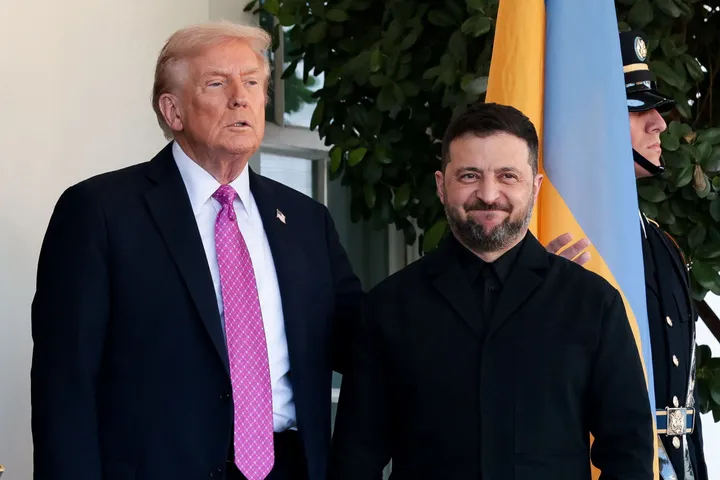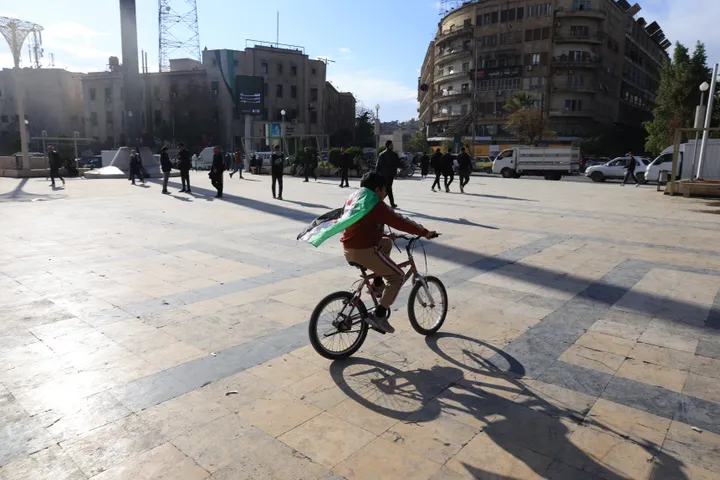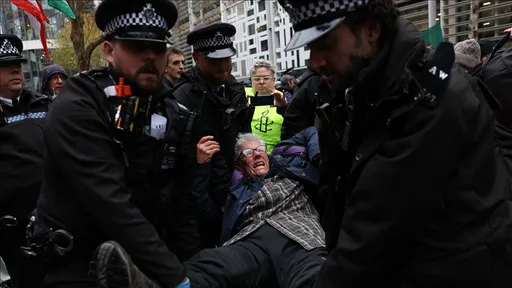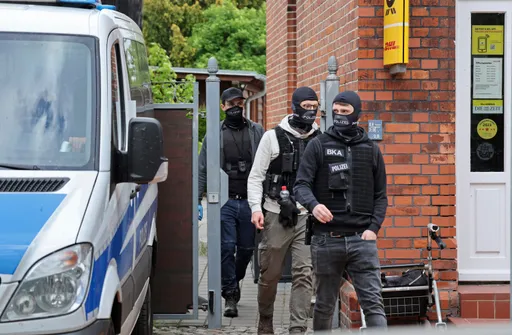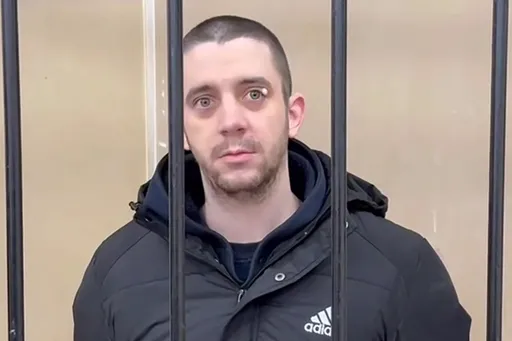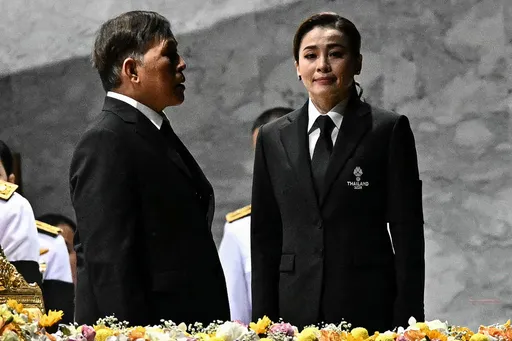Voting has ended for Hong Kong's legislature poll under new "patriots only" rules imposed by Beijing that drastically reduce the number of directly elected seats and control who can run for office.
Polling stations closed at 10:30 pm (1430 GMT) on Sunday with the latest figures suggesting the turnout could be the lowest since the city's 1997 handover to China.
Voters cast their votes for the first time since an electoral overhaul and a sweeping national security law was imposed on the city.
Some of the first to vote as polls opened at 8:30 am (0030 GMT) said they were keen to do their civic duty to ensure stability.
Hong Kong leader Carrie Lam, among the first to vote, told reporters at a polling station in the suburban Mid-Levels district that the government "had not set any target" on the turnout rate, and she was not aware of any set by the Chinese leadership.
Before Lam spoke, several protesters from the League of Social Democrats opposition group chanted demands nearby for full universal suffrage and waved a banner reading "forced to be silent ... spirit of freedom, vote with your conscience".
University language teacher Tam Po-chu, 79, said she hoped the new council would be responsive to the public.
"There's no use if they do not think of the Hong Kong people," she said.
Low turnout was widely expected, and three hours after voting began, some 416,061 registered voters, or 9.35 percent, had cast their ballots.
The previous turnout election was 58 percent, while the 43.6 percent in 2000 was the lowest since Britain returned the city to Chinese rule in 1997.
Security was tight around the city, with 10,000 police and some 40,000 government election workers deployed.
Change to electoral system
In the run–up to the election, more than 10 people were arrested for allegedly inciting people to cast blank ballots, including people who had reposted social media posts from others, according to government statements.
An ongoing crackdown on Hong Kong under a China–imposed national security law has also jailed scores of activists while civil society groups have disbanded.
Unlike previous polls, anti-Beijing candidates are largely absent, having declined to run, gone into exile or been jailed.
In March, China's parliament announced sweeping changes to Hong Kong's electoral system, including reducing the number of directly elected seats and setting up a vetting committee to screen all potential candidates, saying only "patriots" may administer the city.
Hong Kong and Chinese officials have stepped up calls in the run-up to the election for people to vote, fearing opposition to new electoral rules and the absence of democratic candidates will deter voters, some analysts say. Transport operators have also offered free rides on election day.
Now, more than a third of the seats will now be selected by a committee stacked with Beijing loyalists.
The election – in which only candidates deemed by the government to be "patriots" can run – has been criticised by some activists, foreign governments and rights groups, saying the electoral changes have reduced democratic representation in the city.
The Chinese and Hong Kong authorities reject such criticisms, saying the electoral changes and a national security law that took effect last year are needed to enhance the city's governance and restore stability after the 2019 protests.
READ MORE: How does Hong Kong’s special administrative status work?


